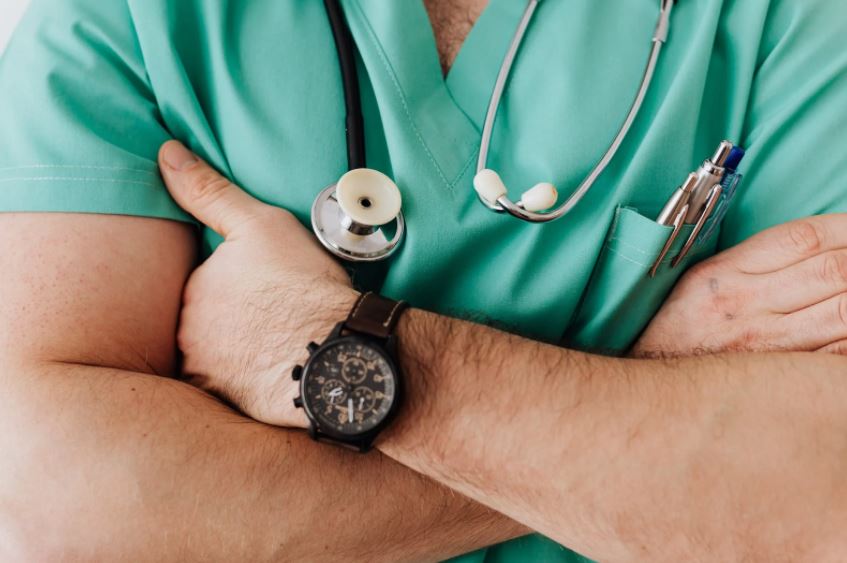Signs and symptoms are your body’s way of telling you that something may not be functioning correctly. When it comes to cancer, recognising the common warning signs can help you catch the disease early on and seek treatment. The earlier cancer is detected, the higher chance there is of defeating the disease. Here are five signs that you should visit a cancer doctor.
Unexplained Weight Loss
Losing weight for no apparent reason can be cause for concern. Although losing a few pounds here and there is completely normal, losing 10 pounds or more can be an early sign of cancer. Weight loss is commonly seen in stomach, esophageal, pancreatic and lung cancer, but it can occur alongside cancer.
Cancer causes weight loss because it increases inflammation as a response to a tumour, which changes your body’s metabolism and disrupts hormones responsible for regulating appetite. Therefore, it’s important to contact an oncologist if you believe you’re losing weight for an unknown reason.
Skin Abnormalities
Paying close attention to your skin is important when trying to catch early signs of skin cancer. Because skin is the largest organ of your body, it can provide a great deal of information about your overall health. For example, changes in existing moles or the formation of new moles may be a reason to worry. When evaluating moles for melanoma, doctors recommend checking the ABCDEs. This acronym stands for:
Asymmetry: Is the the mole in an irregular shape?
Borders: Is the mole’s border jagged or irregular?
Colour: Is the mole more than one shade?
Diameter: Is the mole bigger than 6mm, or a standard pencil eraser?
Evolution: Has the mole changed in appearance over the past few weeks or months?
If you notice any of these signs, it’s important to make an appointment with your doctor as soon as possible.
Pain
Although pain can be a difficult symptom to pinpoint because it can arise from so many different sources, it can suggest disease. Cancer can cause pain in a multitude of ways. Although the amount of pain depends on the type of cancer and its stage, pain arises when a tumour grows and pushes against nearby organs, bones or nerves. Make sure to contact your doctor if you’re experiencing unexplained pain, as this can be a sign of a growing tumour.
Bleeding
Unusual bleeding is another sign that you may have cancer. Bleeding is associated with the following types of cancer:
Colon: Blood in your stool can be a sign of colon or rectal cancer. If there’s bright red blood on the toilet paper after you have a bowel movement or red water in the toilet bowl, this can indicate rectal bleeding.
Cervical: Although menstruation is a normal and healthy process, women who experience abnormal vaginal bleeding may have cervical or endometrial cancer.
Bladder: While blood in the urine can be more difficult for women to detect due to their menstrual cycle, this sign shouldn’t be ignored, as it can point to bladder or kidney cancer.
Fever
Although fever can indicate a cold, flu or other common illness, certain characteristics may indicate something more. If your fever occurs mostly at night, you experience night sweats, and you’re not exhibiting any other signs of infection, you may want to contact your doctor to undergo an evaluation.
Although noticing one of these symptoms doesn’t automatically mean you have cancer, it’s best to air on the side of caution & not ignore any potential signs of cancer. Contacting your doctor can ensure that you find cancer at an early stage and, therefore, increase your chances of successfully treating it.
